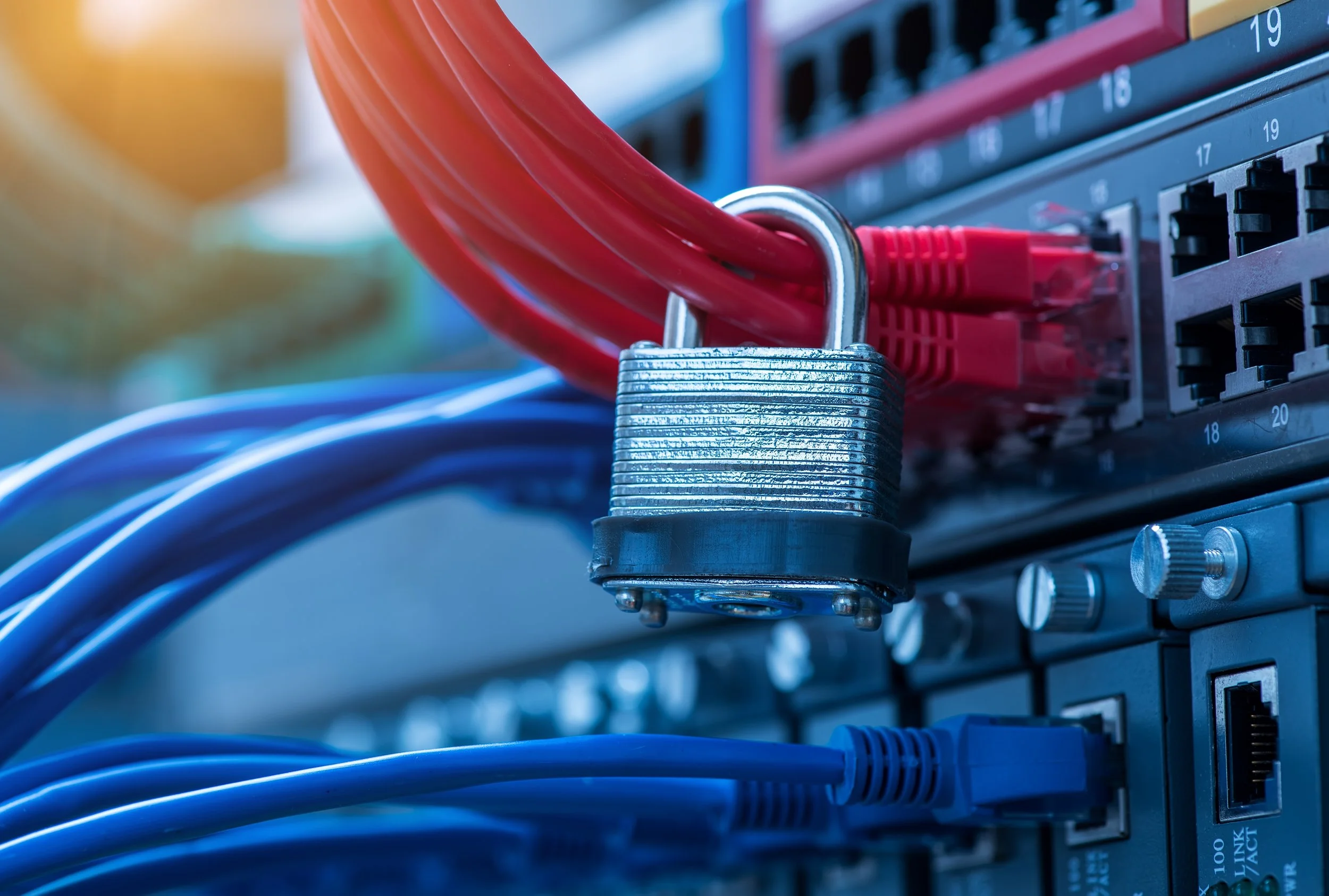When to Upgrade Your Firewall
560,000 new pieces of malware are detected every day, and there are now more than 1 billion malware programs out there according to a report by AV-Test. Visit one wrong website and your device and network can become infected with disastrous malware. This is why you need a firewall to secure all of your crucial network endpoints and any touchpoints where your servers and computers/laptops meet the internet. A firewall’s basic function is to create a defensive perimeter that prevents certain types of traffic from entering the network and accessing resources.
Keeping your firewall updated is a critical component of protecting your network, computers, and data. Old and aging firewalls pose a great security risk, as they become obsolete models compared to newer technologies. Consider this fact - a 5-year-old firewall is typically 50% less effective at stopping cyber-attacks as compared to a 2-year-old unit. Newer firewalls offer advanced functionality that better protects your organization from attacks.
There are numerous signs that your network requires a new firewall:
Your firewall is old or out of support
Firewalls, like all other pieces of hardware, will eventually fail due to age. Many older models do not offer the same level of protection as newer firewalls. Legacy models of firewalls only block specific IP addresses and port numbers from accessing your network. However, today’s cyberattacks are typically launched at the application layer. Application-layer attacks can sneak right past older firewalls that are unable to look inside data packets to determine if they’re malicious. If yours has been in service for many years, you may want to consider replacing it to avoid an unexpected outage and downtime. Additionally, firewalls require software upgrades and patches to remain secure. If your device has been discontinued by the manufacturer, it may no longer protect you from the latest threats.You experience network slowness
Your firewall sits at the center of your network and serves as the protective barrier between your network and the outside world. So if you notice that your network slows down, particularly during peak times, your firewall may not be keeping up with the traffic load.You allow remote work arrangements or will be increasing your remote staff
Given the high number of remote and hybrid work arrangements today, most organizations need to allow users to access network resources remotely. A virtual private network (VPN) creates a secure, private connection over the public Internet to protect the data moving between the remote user and the data center. New firewalls simplify and secure remote access with built-in support for IPsec and SSL VPNs.Your present product requires a license renewal
This could be a sign that your current firewall is an older model and replacement should be considered.You’ve experienced a network breach
A breach of your network could be a sign that you current firewall is outdated and needs replacement.You need to add devices to your network
If you are considering a technology upgrade that affects your network, like a VoIP phone system or a guest wireless network, you need to make sure your router can handle the increased traffic and the security requirements of the intended change. A new firewall can make implementing network changes much easier now and in the future.
By keeping your firewall current, you’ll be in a good position to protect your network, keep your workforce productive, and your business operating efficiently.

